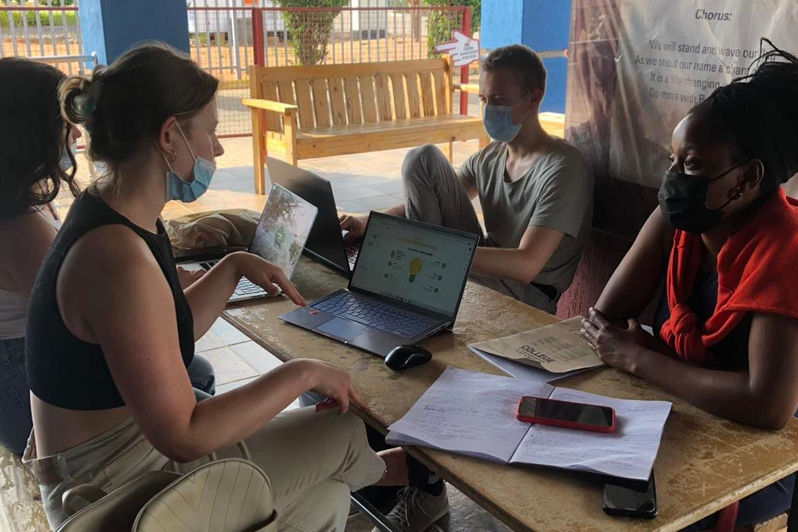GDH’s focus on Africa
KTH Global Development Hub emerges as one of the instrumental tools required to chart the course for progress, encompassing education, collaboration with external partners, and international engagements.
‘The current global society is facing a fundamentally unsustainable condition that necessitates transformative systemic change in all aspects of society (UN, 2015; IPCC, 2018). This will require innovations that our current society is lacking capacity for creating, competencies that our current education system is not contributing to developing, and extensive collaboration among societal actors on local as well as global levels (Jacobs et al., 2022; Loorbach, 2022; Naito et al., 2022). Given the urgency of these transformations, it is crucial to focus on the role of universities and higher education in contributing to this endeavour (Olsson et al., 2020; Păunescu et al., 2022, Chen et al. 2020; Alm et al., 2022; Hammer et al., 2023; Karvonen et al., 2023).’
(Nilsson et al. 2023, Cinet conference)
National borders do not confine the enormous challenges we face today; they require global collaboration. Africa stands at the forefront of this call to action. The continent has the fastest-growing, youngest population in the world. By 2050, one in four people on the planet will be African. This demographic shift, combined with its rich natural resources and biodiversity, positions Africa as a key player in our planet's future.
Africa's contribution to climate change is minimal, accounting for just 2-3% of global emissions. Yet, it is disproportionately affected by climate impacts, exacerbated by its current low levels of socioeconomic development. This paradox highlights not only the challenges but also the unique opportunities that lie within the continent. Unlike most Western nations, Africa as a continent is not burdened by unsustainable infrastructure and production and consumption patterns. This absence of lock-ins presents a unique chance for Africa to 'leapfrog' that is to adopt innovative, sustainable technologies and practices, bypassing less sustainable developmental stages.
The continent's inherent frugality and resilience are more than mere virtues; they are strategic assets in the global transition toward sustainability. This new paradigm shifts the traditional narrative from aid to collaboration. Instead, it's about forging reciprocal relationships. Such partnership will not only empower African societies but emerges as a necessity for transforming our own societies.
Committed to sustainable societal development
We firmly believe that a crucial element in this partnership is the active involvement of young students, who, by collaborating on global challenges, can bridge divides, innovate solutions, and carry forward the vision of a united, sustainable world.
KTH takes an assertive position, expressing its commitment to spearheading sustainable societal development.
In this context, the Global Development Hub emerges as one of the instrumental tools that KTH requires to chart the course for progress, encompassing education, collaboration with external partners, and international engagements.

